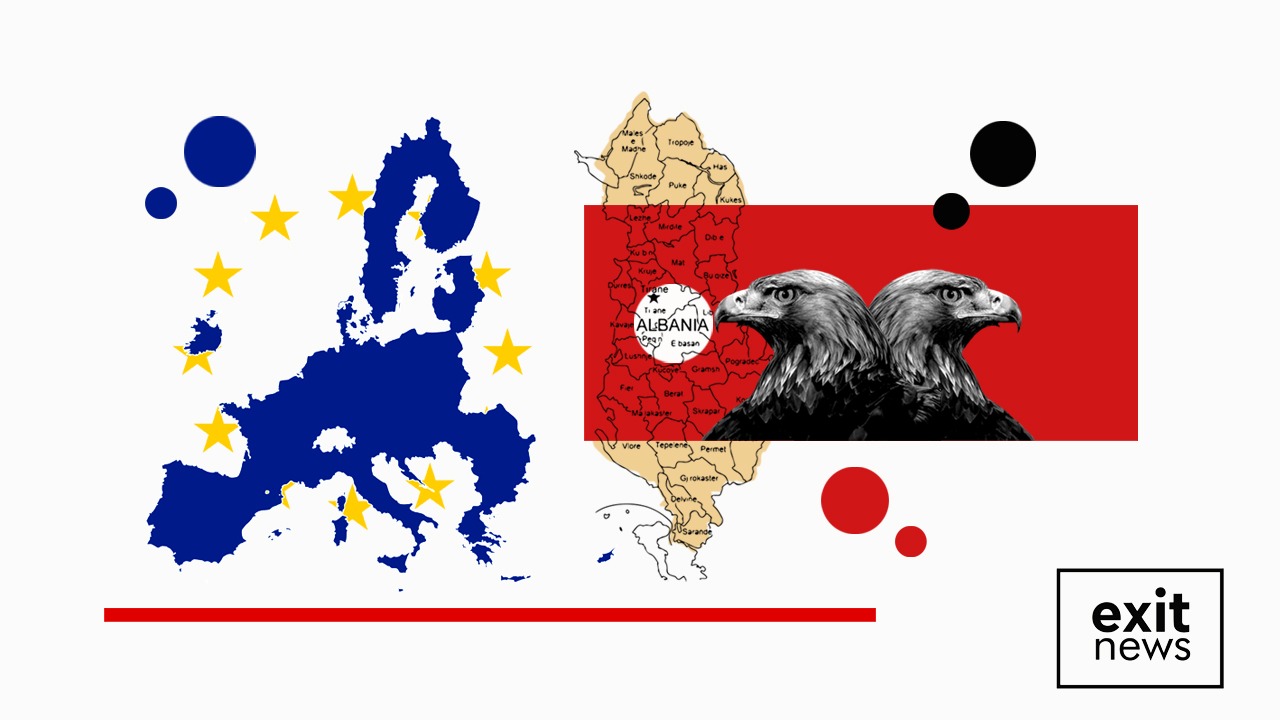
European Union member states are backtracking on their willingness to incorporate the Western Balkan Six, into the bloc, according to a report published by Reuters on Monday.
A document leak and four diplomats, confirmed by Reuters, seems to point to a change in direction, ahead of the scheduled Western Balkans Summit. Due to kick off on October 6, and bringing together EU and Balkan leaders, the meeting is overshadowed by rising tensions in north Kosovo and the continuing aggression of Serbia.
Reuters’s sources claim that the EU can no longer agree to guarantee future membership for Albania, Serbia, Kosovo, Bosnia and Herzegovina, North Macedonia, and Montenegro. This is a significant shift away from years of EU statements about the importance of Western Balkan integration.
At the upcoming summit, the EU had planned to restate its promise for “unequivocal support for the European perspective of the Western Balkans,” according to a leaked draft declaration, seen by Reuters.
It’s now reported that the declaration has undergone two rounds of intense debate between countries, with no resolution in sight.
The hesitant nations were not named, but Reuters speculated that countries such as France, the Netherlands, and Denmark fear that rushed accession could result in problems like those seen with Romania and Bulgaria in 2007. This includes mass immigration to Western Europe, a sticking point for many in domestic and international politics.
It was in fact the topic of immigration that fuelled the pro-Brexit campaign that saw the UK crash out of the EU in 2021. Member states will be wary of risking a similar situation in their respective countries.
Bulgaria is also staunchly opposed to North Macedonian membership until their issues around language and culture are resolved.
As for Albania, while it received full marks during the June 2021 vote to open formal accession negotiations, whispers in political circles suggested that country’s voted ‘yes’ to be diplomatic, knowing full well it would be blocked due to the ongoing Bulgarian-Macedonian issue.
But today’s report from Reuters will be nothing new for those in the Western Balkans. While people remain staunchly pro-EU, they are beginning to realize that the reality of EU accession any time soon, if at all, is waning.
While the EU continues to plow money into Albania and its neighbors, trust in the bloc and its institutions is declining rapidly. Statistics published in 2019 by the Albanian Institute for Democracy and Mediation showed that 73% of respondents trusted the EU. This had fallen a whopping 12 points from the previous year.
2020’s results showed that while trust had increased ever so slightly, one in four Albanians did not trust the EU. It also showed that only 28.7% thought that the EU-backed justice reform was being implemented correctly. Just over half thought it would have a positive impact on the country.
But it’s not only the citizens who are beginning to come to terms with a possibility of a future without the EU, the government has been hedging its bets as well.
Prime Minister Edi Rama has forged ahead with the Open Balkans initiative, in collaboration with Serbia and North Macedonia. He has also allowed significant investment from the UAE, China, Qatar, and potentially, Saudi Arabia as well.
His burgeoning bromance with Turkish President Recep Tayyip Erdogan has been a cause for concern for many, particularly as the latter tightens his grip on his own society, forgoing basic human rights in the process.
While he hasn’t yet warmed up to the possibility of Russian influence, the willingness of his close allies such as Serbia’s Aleksander Vucic to do so, signal this could one day be a reality.
For Reuters, today’s story might have been breaking news, but for us here in the Western Balkans, it just confirms what most of us thought already.

